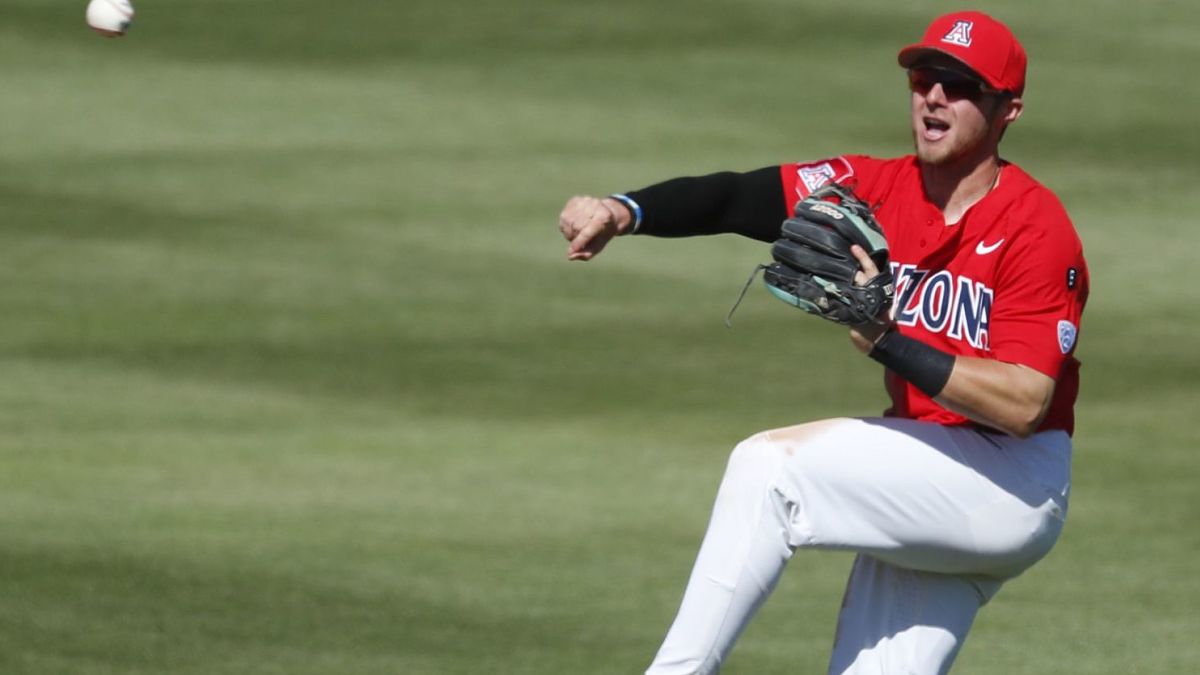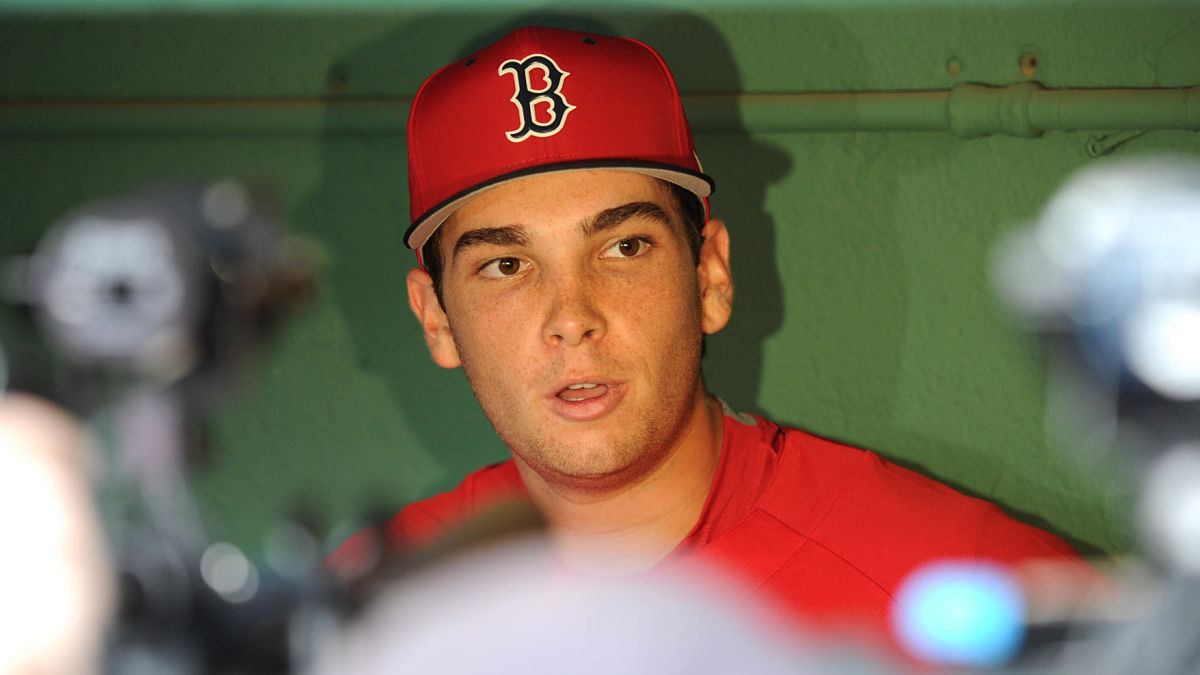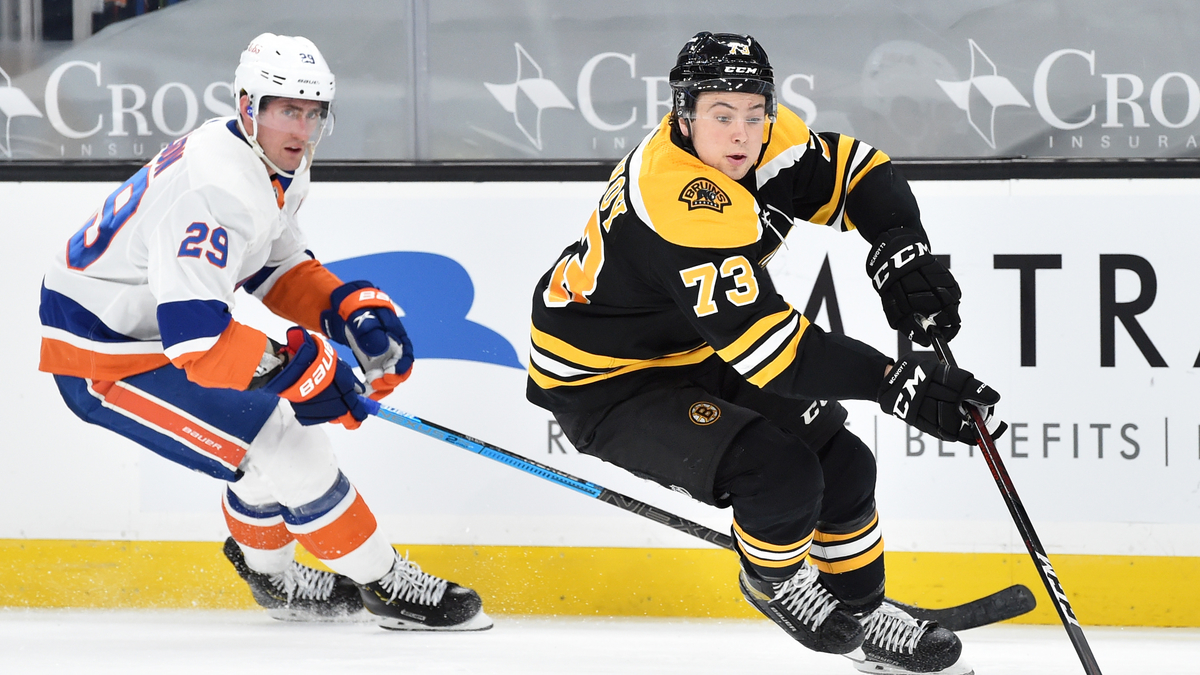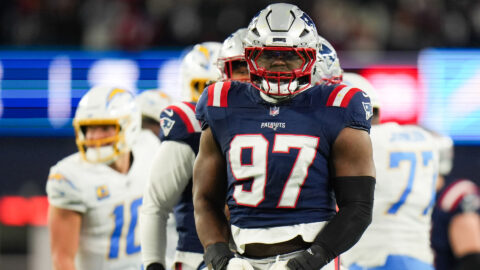Many of the beat reporters covering professional sports in Boston want you to believe they produce work of a higher quality than what you'll find on sports talk radio. That they, and their respective news outlets, provide an objective, facts-driven counter to the subjective, emotionally charged content you'll hear on the airwaves.
And most of them typically do. However, those two worlds collided during the first week of April, and the result was some of the worst Red Sox analysis of our lifetime.
Really, it started during spring training. A year removed from the Mookie Betts trade and four-plus months removed from an altogether forgettable Red Sox season, some writers seemingly emerged from their winter hibernations ready to hate the local baseball team, no matter what.
Get a load of this Jan. 19 from NBC Sports Boston:
And check out these takes, shared after the Red Sox's first televised spring training game, from one of the most influential and decorated writers in Boston sports history:
And they weren't alone -- far from it.
Still, while frustratingly hyperbolic, that analysis nevertheless would've been somewhat justified if the Red Sox, even in January, really were the same team we saw last September. But they weren't.
That's not to say you should've expected the Red Sox to flirt with Major League Baseball's best record over the first two months of the season. Rather, a fair review of Chaim Bloom's work since he was hired in October of 2019, along with the crucial context of Alex Cora's return coupled with existing high-end talent on the (still-flawed) roster, should have made it clear the ugly 2020 campaign was an aberration.
Even when the Red Sox shockingly looked better in late March than they did the first week of spring training, you still got columns that functioned as little more than platforms for confirmation bias.
In late February, we told you why you should have been encouraged by (note: not over the moon for) the offseason and Bloom's long-term plan. And we barely factored the Adam Ottavino and Andrew Benintendi trades -- both of which occurred after Tomase's mid-January story -- into our analysis.
But, for whatever reason, such assessments eluded factions of the Red Sox beat. And so, when the Red Sox got swept by the Baltimore Orioles in the first series of the season, the floodgates opened.
Actually, it started after the first game.
Then, after Garrett Richard's clunker in the series finale, the shark was jumped.
And those are just a few examples of things written on, or just after, the day that Boston dropped to 0-3.
You also had stuff like this a couple of days later:
Again, we want the focus here to be on beat writers, as sports talk radio is supposed to be over the top. However, some of the things said and written by people who specialize in talking about the Red Sox were just insufferable.
And it goes on and on.
The about-faces after a few wins were particularly rough.
You didn't need the ensuing nine-game winning streak to know the takes were bad. You didn't need nearly two months of good baseball. You didn't need hindsight, revisionist history -- none of it.
The Red Sox got outscored 7-2 over their first two games, one of which saw them get shut down by a pitcher who now might be the American League Cy Young Award frontrunner. One thing you almost always can bet on with the Red Sox: They're going to hit. Even in 2020, they finished fifth in the American League in runs. The primary concern for Boston entering the season was on the pitching staff.
And so, it made zero sense to glean anything from two games that saw the Red Sox pitch well and hit terribly. As for the blowout loss in the finale, it happens. It doesn't take much critical thinking to know that Garrett Richards neither is as bad as he was that day nor as good as he was when he shut down the New York Mets last month. He's a mid-rotation starter with injury history.
But forget about explaining everything. What matters is that suggesting a season is "over" or a "joke" after a few games is just plain stupid. It's the kind of hyper-reactionary conjecture expected from fans or fans-turned-professional talking heads. It's not what you're supposed to get from those tasked with educating their audiences on the subject matter.
Now, with the Red Sox fighting for first place in the American League East and owners of the fifth-best record in baseball, we could take a victory lap. We could bring up our optimistic positional outlooks, our spring training preview and our "five reasons to be excited" column as evidence of us being right and them being wrong, or whatever.
But that barely would be more justifiable than the stuff we just called out. Sure, the Red Sox are competitive, but it still is far too early to say with any confidence that they'll be playing meaningful games in September. It's baseball; this thing could go sideways before we know it.
What was obvious about the Red Sox before Opening Day remains obvious now: This is a good-not-great team with holes on the roster that must be filled before they can think about October. Whether those holes are filled internally -- Chris Sale and Jarren Duran come to mind -- or via trade or free agency remains to be seen. So, too, does whether Boston will go all-in this year or stay on a more conservative timeline.
Let's -- dare we say -- wait and see.
As for the post mortems written after the Orioles series, let's hope against hope that was a one-time deal. Pent-up pandemic frustration, or something.
Since Boston won the World Series in 2018, Red Sox fans have endured a disappointing follow-up campaign, seen a generational talent get traded and suffered through one of the worst seasons in franchise history. We know nobody is going to weep for spoiled-rotten Boston sports fans, but still.
Moreover, they, like everyone else, just went through one of the worst years in human history. Forgive them for looking forward to the baseball season. That doesn't mean you lie to them and say the team is great, but maybe you think twice before saying the team is complete trash after three games and telling the fans to give up and turn off their TVs.
They looked for informative, interesting coverage, and instead they got the complete opposite. They deserved better.







